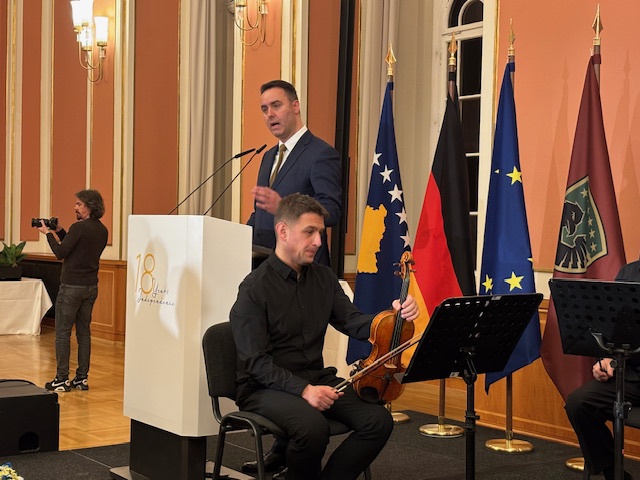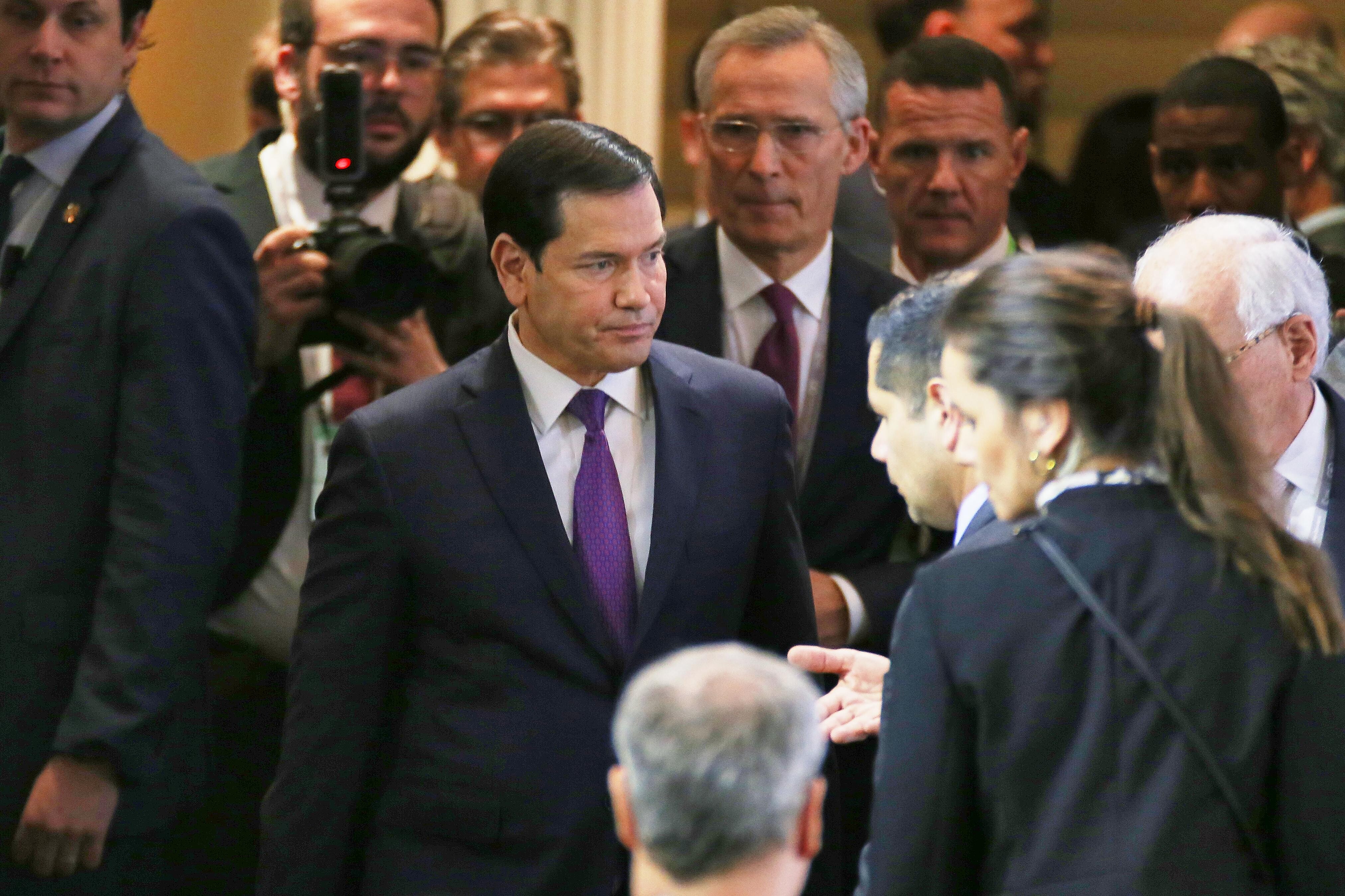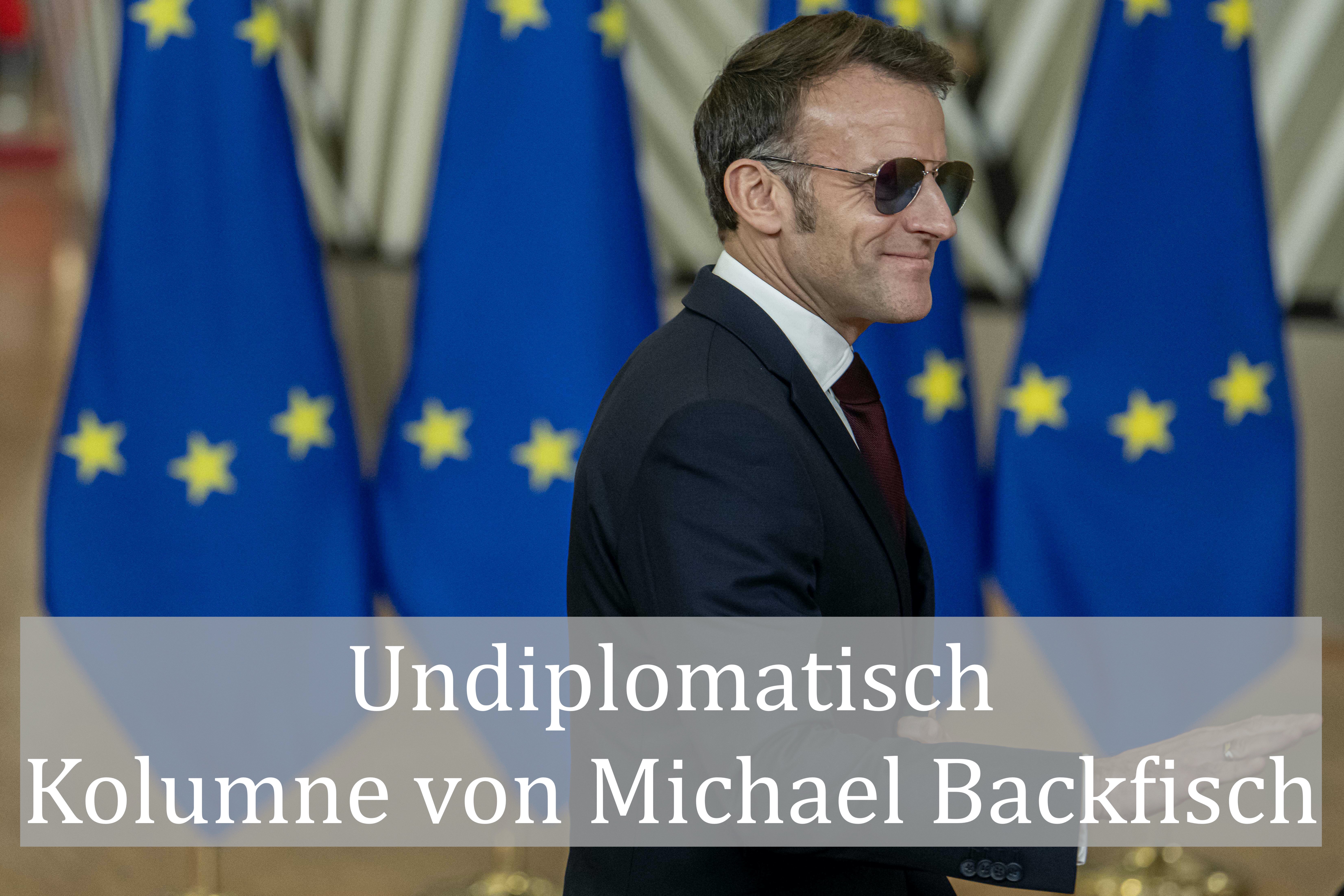diplo.news
The trauma of a European tragedy

Selma Jahic was seven years old when she witnessed one of the biggest tragedies of post-war history in Europe. In July 1995, the grandmother described how Serbian militias had snatched her husband out of her arms. They never saw him again. It was not until 2007 that the Red Cross found grandfather's bones in two different mass graves near Srebrenica during excavations. What happened between 11 and 19 July 30 years ago in the small Bosnian town of Srebrenica was not just a brutal example of ethnic cleansing in the crumbling Yugoslavia. It was also a warning sign for the international community.
Serbian troops, commanded by General Ratko Mladic, murdered 8372 men and boys of all ages, as well as around 600 women - under the eyes of unarmed UN peacekeepers. They had withdrawn helplessly to the barracks of the UN protection zone. Jahic described her traumatic experiences at a memorial service to mark the 30th anniversary at the Bosnian embassy in Berlin. Just last year, the UN declared July 11 as International Remembrance Day.
The International Criminal Tribunal for the former Yugoslavia and a UN tribunal have classified the mass execution of Muslim Bosnians as genocide and sentenced the main culprit, Serb leader Mladic, to life imprisonment in a prison in The Hague in 2021. In Bosnia itself, the events are judged differently and are far from over. The Serbs of the Republika Srpska, where Srebrenica is also located, do not recognize the genocide of Bosnian Muslims to this day or put it into perspective by referring to their own victims in the Balkan Wars. The state of Serbia also voted against International Remembrance Day, and official representatives of the Serbian Embassy also did not attend the ceremony.
And the AfD in the Bundestag also criticized the classification of the Srebrenica crime as genocide during a discussion on Friday. The Serbs only shot men and generally spared women and children, explained AfD MP Alexander Wolf. The culture of remembrance that is being imposed on the already fragile state of Bosnia-Herzegovina from outside does nothing to alleviate tensions within the state.
Foreign Minister Johann Wadephul disagreed and almost apologized to the audience in the plenary hall. “I regret that we expect the victims, their families, especially those present here and the Ambassador, to have such debates.” The Federal Government, of course, recognizes this genocide. gd




